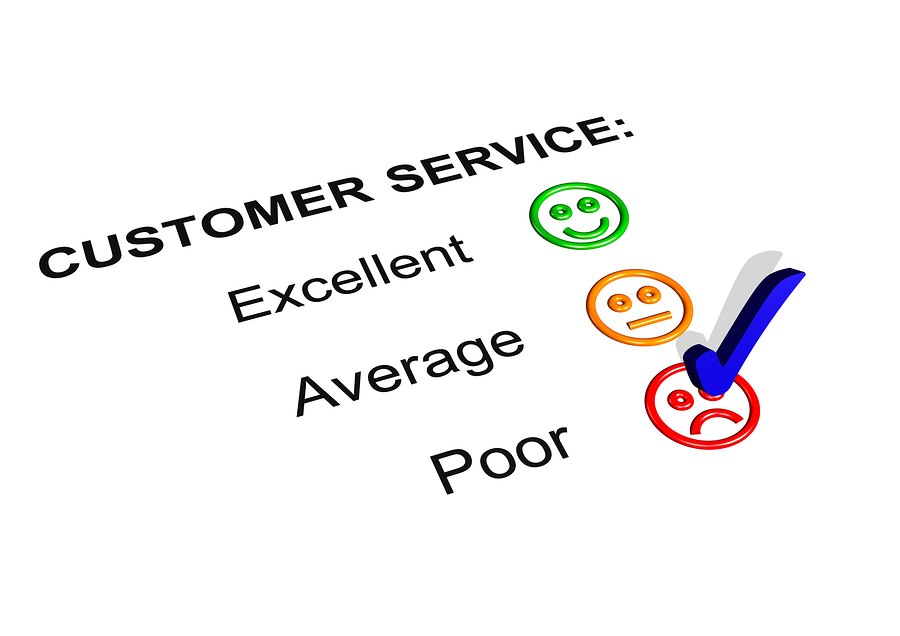After surveying nearly 100,000 people globally, the authors of “The Effortless Experience: Conquering the New Battleground for Customer Loyalty” made an intriguing discovery. If people have a positive product experience, they are up to three times more likely to share it over a positive service experience. They also found that people were twice as likely to share a negative service experience over a negative product experience.
When the researchers asked why, it was discovered that the reason is tied up in our self-worth. Buying a product is a conscious decision that reflects on how you see yourself, now or in the future. Every day we make decisions to favour certain brands; when you buy something from Apple or a Miele smart appliance or purchase the latest pair of Gucci sneakers, those choices are a direct reflection of you and how intelligent, practical, rich or sophisticated you perceive yourself to be. Three out of four people are essentially telling the world, “how clever am I?” when they share their stories of great product purchases. Therefore, it stands to reason that if you invested in a product that was disappointing, you would keep it quiet for fear of looking foolish.
Services, however, are often foisted upon us. We do not necessarily choose to engage with them. For example, we need to have a phone provider, so when we are forced to call them when we encounter a problem with the service and we’re met with lengthy hold times, forced to repeat ourselves or sometimes even hung up on, we think, “I didn’t want to have to call them in the first place. I was forced to and they treated me really poorly.” Two out of three people are then far more likely to vent about that experience and share their misfortune. There is also far more emotion attached to the experience because it is personal, rather than buying a product which can often be done online or without speaking to anyone. At a psychological level, we are motivated to tell others in order to evoke sympathy. Sharing a service experience with friends or via social media when you have “been wronged” engenders responses of comfort and affirmation.
So what is the key take away? When delivering a service, delivering the upside is less important than ensuring you are minimising the downside. A negative service experience can quickly destroy customer loyalty and can easily escalate into a situation where customers use public forums like social media or review sites to voice their frustrations.
Within many organisations, there are significant resources dedicated to promoting a company’s products and features and digital teams monitoring customer feedback. However, there are often not enough resources dedicated to delivering on customer and brand promises made in sales and marketing campaigns. Studies show that existing customers are four times more profitable than new customers due to acquisition costs. Therefore investing in resources to keep promises to customers in the first place and actively preventing negative feedback is often a far more profitable exercise than acquiring new customers.
If you make one resolution in 2019, let it be to not disappoint your customers with poor service interactions!
Damian Kernahan, Founder and CEO, Proto Partners











